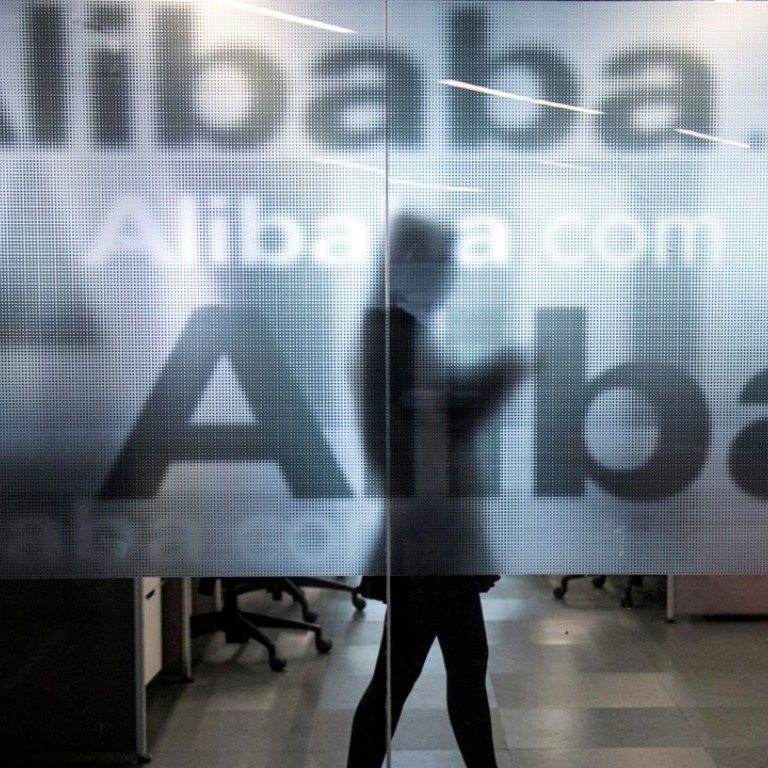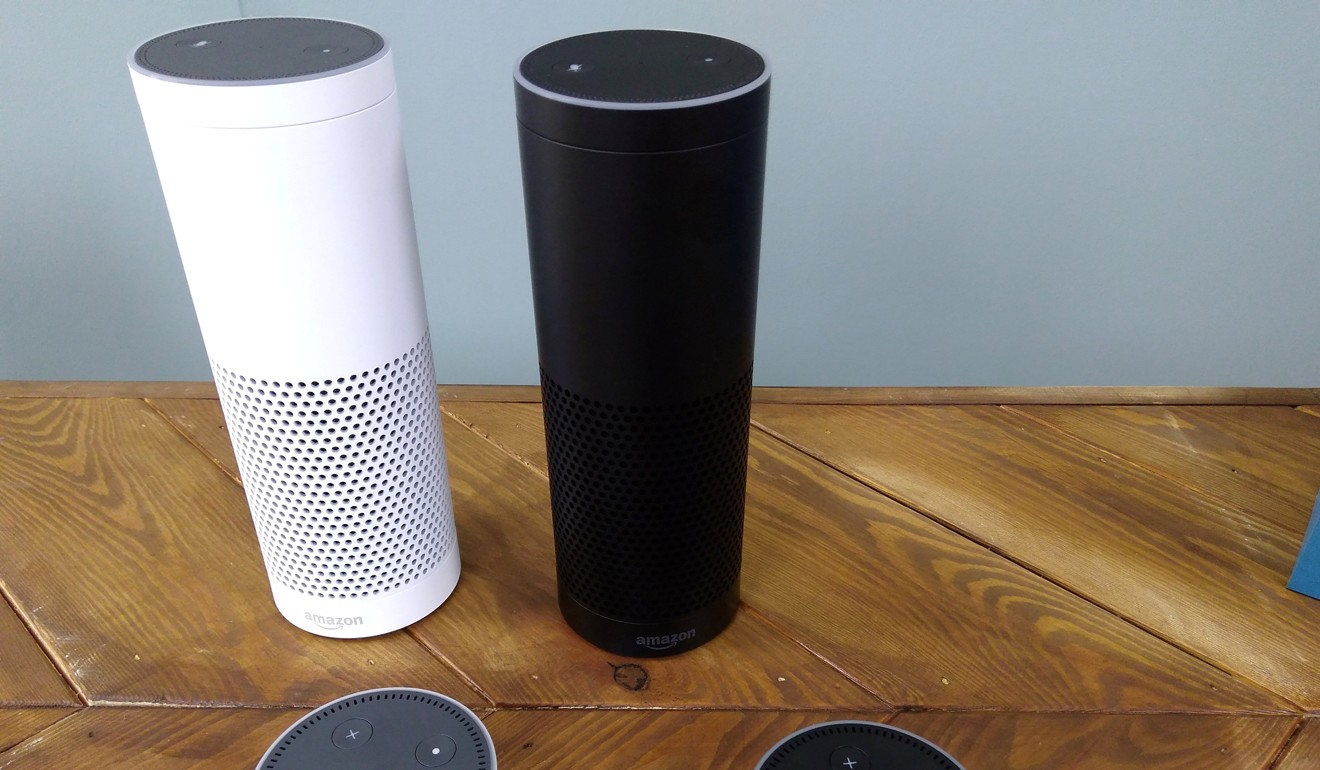
Alibaba enters voice-activated market with its Tmall Genie
Genie will be available from August 8, priced about US$73: cheaper than Google’s US$130 Home offering and Amazon’s US$180 Echo
Alibaba has launched its own home assistant device, similar to Amazon’s Echo, as China’s internet giants races to capture a growing share of the market.
Dubbed the “Tmall Genie X1”, the device is powered by the “AliGenie” voice assistant system and is similar to the Amazon Echo. Users can ask for weather information, the news, set reminders and ask for their favourite song to be played.
The Genie X1 is being seen as another way of Alibaba to cement its leading position in the Chinese e-commerce market.
By simply vocalising their requests to the Genie, consumers can order anything from the latest smartphones to imported snacks on the Tmall marketplace. It can also keep users updated on the delivery progress of their order.

“The Tmall Genie X1 will help connect users to Tmall in a more personal way, and could allow Alibaba to sell more smart home devices by being linked up to the Genie,” said Kitty Fok, managing director for research firm IDC China.
Genie X1 will start be available from August 8, priced at 499 yuan, or about US$73 – cheaper than Google’s US$130 Home offering and Amazon’s US$180 Echo.
The home assistant market is rapidly expanding in the US. According to a report by US analytics firm VoiceLabs, 24.5 million such devices are expected to ship in 2017.
However, the home assistant trend is still nascent in China, although companies such as JD.com have led the charge in pushing out such devices.
In 2015, LingLong, a Chinese company backed by online retailer JD.com, launched the DingDong smart home assistant. According to a China Daily report, LingLong sold over 10,000 “DingDong” devices during last year’s November 11 online shopping festival and the following two weeks on JD.com’s online shopping platform.
Baidu has also shown off its “Xiaoyu” home assistant robot, at the Las Vegas electronics trade show CES in January this year, powered by its DuerOS voice assistant. Unlike Alibaba’s Genie X1, the Baidu device comes with a screen and is priced at 1,699 yuan.
Tencent is also reportedly working on similar home assistant devices, according to a Bloomberg interview with Tencent president Martin Lau. The company last week unveiled an artificial intelligence-powered voice assistant called Xiaowei.

